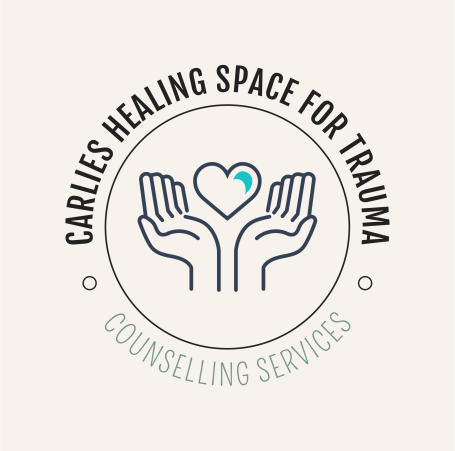“When ‘Being Nice’ Hurts: How Trauma and People-Pleasing Are Connected”
Have you ever said yes when you meant no? Apologised for just existing?
Pushed your own needs aside to keep the peace?
If that sounds familiar, you’re not alone—and you’re not “too sensitive” or “overreacting.”
This pattern, often called people-pleasing, is something I see so often in those who’ve experienced emotional neglect or complex trauma.
🧠 Why People-Pleasing Is a Trauma Response
People-pleasing isn’t about being polite.
It’s about survival.
When we grow up in environments where love feels conditional, conflict is unsafe, or emotions are ignored, we learn:
🔸 “If I keep everyone happy, I’ll stay safe.”
🔸 “If I don’t make a fuss, I won’t be rejected.”
🔸 “My needs don’t matter.”
Over time, this becomes our default way of relating—even when the danger has passed.
💔 The Cost of Always Putting Others First
You might look “together” on the outside, but inside feel:
Anxious or exhausted from always managing other people’s emotions
Unsure of your own likes, needs, or limits
Resentful or burnt out, but guilty when you try to set boundaries
Afraid of rejection, conflict, or being seen as "too much"
This emotional tug-of-war can leave you feeling disconnected from yourself—and like your worth depends on how useful or agreeable you are to others.
🌿 How Therapy Can Help
In person-centred, trauma-informed therapy, we gently explore the roots of your people-pleasing.
Together, we work to:
Rebuild your sense of self outside of being “needed”
Practice saying no without guilt
Recognise your emotional needs as valid
Understand where these patterns came from—so you can shift them, not shame them
Learn to take up space, speak your truth, and still feel safe
🤝 You Deserve to Be More Than Just “Nice”
Healing means reconnecting with the parts of you that have been silenced to survive. You’re allowed to have needs. To rest. To take up space.
If this speaks to you, I offer a gentle, grounding space to start that journey.
